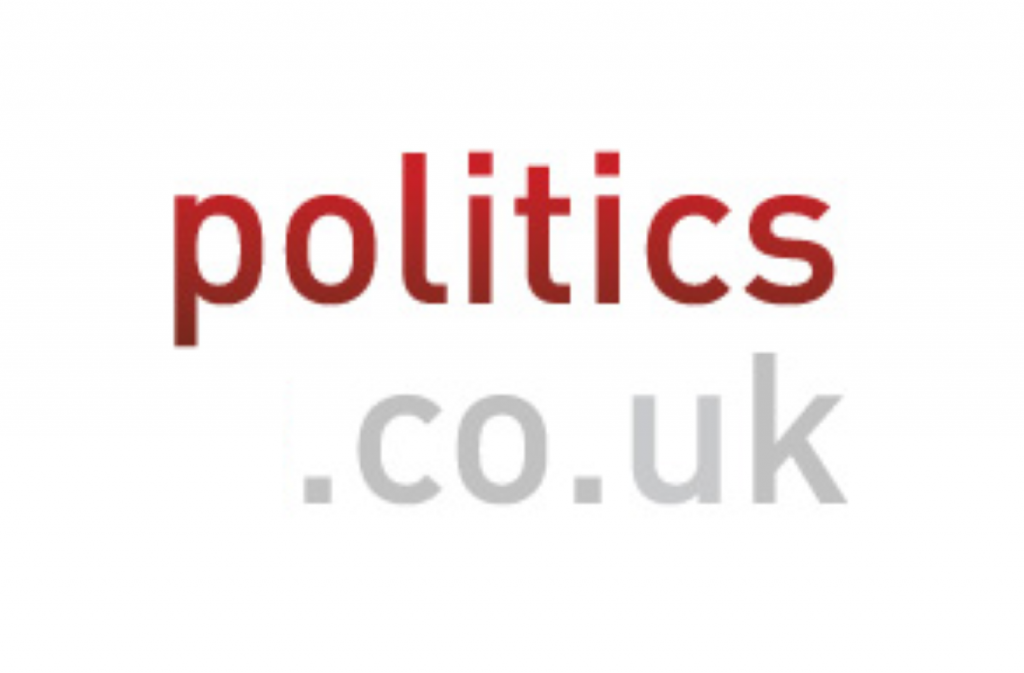Councils praised for improvements by Audit Commission
Local services and councils are improving significantly, according to a new report from the Audit Commission.
The Comprehensive Performance Assessment (CPA) report outlines the record of 150 councils, across both single tier and county level, and reveals that 52 councils have improved their standing since 2002.
A total of 101 councils are now rated as ‘excellent’ or ‘good’ and the number of ‘weak’ councils has fallen by more than 50 per cent, from 35 to 16.
Only one council was rated as poor – ironically the Deputy Prime Minister John Prescott’s local council of Hull. Though its social services department is rated well, both education and housing have very low scores.


Audit Commission chairman James Strachan said: “‘It is excellent news that communities are being better served by their local councils and the many councils that have improved should be congratulated. The Audit Commission will respond to this by reducing the level and frequency of inspection in future.
“This is Strategic Regulation in action. It is what we mean by maximising the impact of inspection while minimising the burden – concentrating on the weak and the poor councils, where the room for improvement is greater and leaving the excellent and good relatively alone. Now the challenge is for local councils to continue to improve, especially as we move towards a new CPA that will provide a tougher test for councils from 2005, but with an almost 70 per cent reduction in inspections by 2006/07.”
Responding to the report, Local Government Minister Nick Raynsford said: “I am especially pleased to see significant improvement amongst those councils with the lowest scores in 2002.
“Whilst there is still a long way to go for many of these councils, today’s results clearly show that with commitment and leadership – coupled with close attention and support from Central Government – councils can manage their own recovery.”
He added: “Today’s results are not the end of the story. Continuous improvement needs to remain at the heart of council activity. That is why the challenge of CPA will be sharpened from next year.”
Mr Raynsford also indicated that costs would continue to be a battleground, saying: “But service improvements will not be measured in a vacuum. Local people expect their councils to provide better services. But quite rightly, they don’t expect these improvements to be accompanied by higher council tax rises. Underpinning the new framework will be a closer look at councils’ ability to deliver value for money in the provision of local services.”
CPA is assessed through using a range of sources, including Ofsted, the Commission for Social Care Inspection, the Benefit Fraud Inspectorate and the Audit Commission. As education and social services account for about 60 per cent of a council’s spending they are the key CPA ratings drivers.
Liberal Democrat local government spokesman Ed Davey sought to focus on the good ratings of Lib Dem councils, saying: “The most improved council, Islington, as well as three of the five councils singled out for praise by the Audit Commission, are Lib Dem run.
“The best measure for political value added is how a party improves the performance of a council and this new independent evidence is clear.”
Caroline Spelman, who speaks for the Conservatives on local government, chose to focus on the poor performance of Hull. She said: “It must be acutely embarrassing for John Prescott – the minister for local government – that his own Labour-run council has been ranked as the worst in England”.











